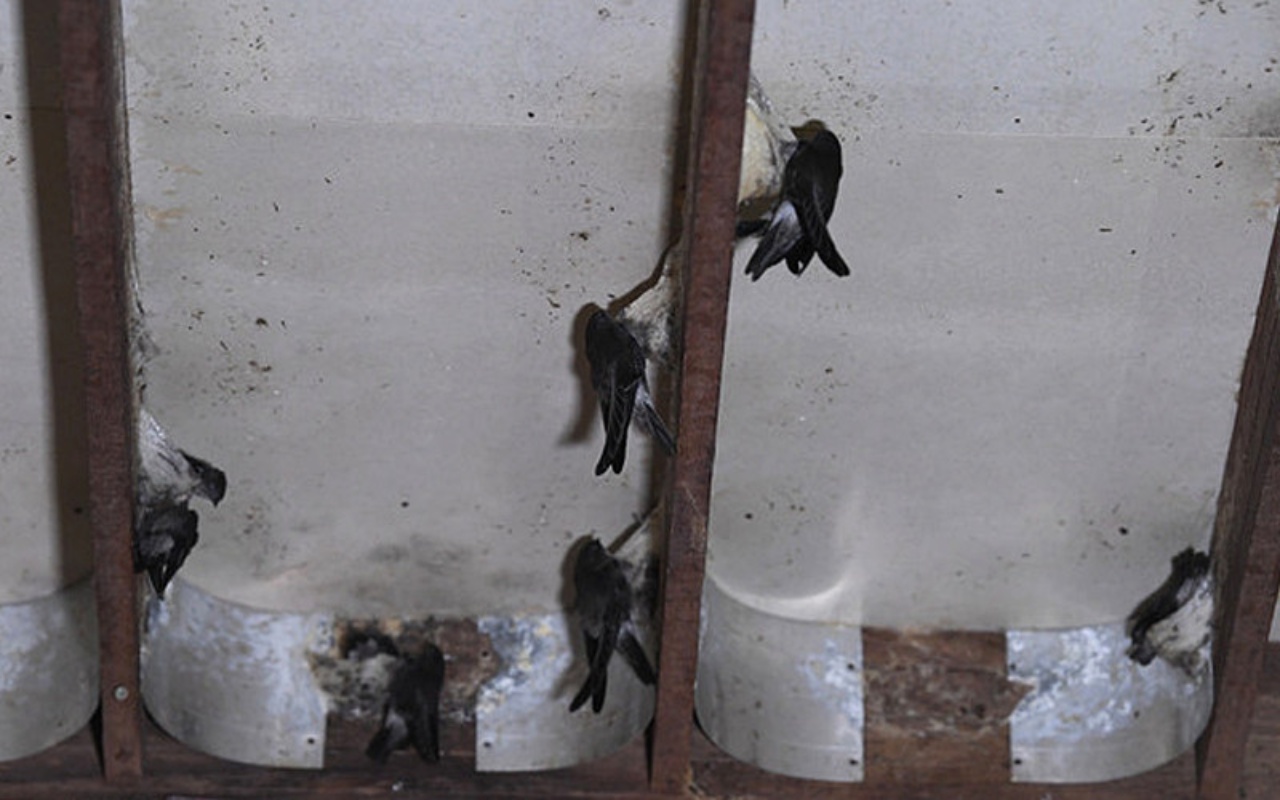
06 Mar Bird’s Nest Farmers on Mission to Pin Down Cause of Plummeting Yields
GEORGE TOWN – It looks like the Covid-19 pandemic is not the cause of businesses taking a dive these days.
Climate change has also affected the lucrative bird’s nest business, with farmers reporting lesser yields over the last three years.
They said that, while the birds do come to the houses, they do not leave behind much saliva, as records show some 20% reduction in yields.
Koperasi Penternak Burung Walit Malaysia Bhd chairman (Koperasi Ebn Kowalit) Datuk Ng Siew Lai said swiftlet bird’s nest farmers have noticed lower yields over the past three years, but cannot say for sure what is behind the low harvests.
Ng said that the Meteorological Department is aware of the situation, but has yet to confirm anything on the issue.
“We will continue observing the situation as reduced yield leads to huge monetary losses.
“We are working to rectify the situation (and determine) if it is related to climate change or some other reasons,” she said.

Koperasi Ebn Kowalit Datuk Ng Siew Lai says In the current market, cleaned dried bird’s nest is estimated to cost between RM6,000 to RM8,000 per kg. – Koperasi Ebn Kowalit pic, March 6, 2021
The executive director of Swift-Bird Farm Sdn Bhd and former Bukit Tengah assemblyman also said bird’s nest farming is mushrooming in Sabah and Sarawak.
“In the current market, cleaned dried bird’s nest is estimated to cost between RM6,000 to RM8,000 per kg, and we foresee greater demand and market potential when international borders are reopened after the Covid-19 pandemic (settles),” she said.
Swiftlet bird’s nest farming is a profitable venture in Malaysia, with more than 40,000 bird’s nest breeders in the country exporting about 700 tonnes of bird’s nest yearly.
The industry chalked up an estimated income of about RM1.5 billion last year, with China being its top importer.
The export value of Malaysia’s bird’s nests was RM1.3 billion in 2018 and RM 1.1 billion in 2019.
Besides China, Malaysia also exports to Hong Kong, Taiwan, Laos, Korea and the US, and plans are in place to export to other countries.
For these reasons, Ng urged the government to allow entrepreneurs to travel overseas to boost the industry.
“It is important for businessmen to meet their clients face to face, especially as it part of Asian culture to meet clients personally.
“It will be an advantage to visit China and meet customers there.
“What we fear is that we could lose our foothold on the market to Indonesia and Thailand in the event they are allowed to travel to China (first),” she said.
Meanwhile, the Sabah government is working with private companies with expertise in bird’s nest products to set up a processing factory in the state.
The move is aimed at developing the bird’s nest sector there, which will also create job opportunities in the local economy. – The Vibes, March 6, 2021
Source: Arulldas Sinnappan, The Vibes


